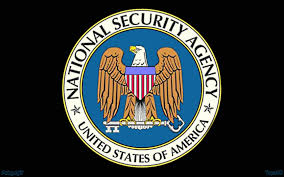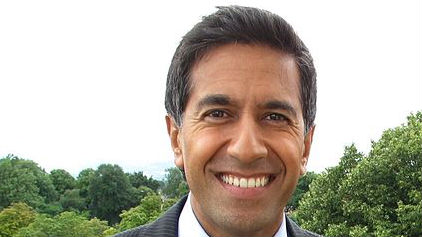NSA Has Gone Too Far In Collecting Americans’ Information

This article originally appeared in Investor’s Business Daily. You can read the original here.
In defending the National Security Agency’s collection of Americans’ phone records and emails, proponents have relied heavily on the argument that these actions are legal.
Let us stipulate, for the sake of argument, that the NSA program is utterly consistent with the letter of the law. That doesn’t make it right.
When one delineates between right and wrong, the reflex of today’s relativist zeitgeist is to demand, “Who are you to judge?”
The answer, which one wishes were forthcoming from more people, is, “I am (or was) a free citizen, with a God-given capacity, and duty, to make decisions.” That’s not to say every decision you make will be correct, nor is it unrestricted license to judge other people, but no amount of PC browbeating can deprive you of your innate sense of propriety.
And the government collecting telephone and email records of every citizen is simply wrong.
To be sure, the NSA’s advocates have tried other tacks, such as claiming that only “metadata” are collected (that is, numbers, locations and durations of phone calls, excluding voice content), and that emails are not being read without a warrant. But besides that these claims strain credulity (and polls consistently show Americans do not buy them), they conflate what is permissible with what is possible.
As the Guardian newspaper has meticulously demonstrated, only a few forms and protocols stand between NSA employees and contractors and the content of online communications.
While the letter of the law may mandate individualized warrants (and this is in no way clear), reading your emails requires no further infrastructure and would constitute a breach of rules without consequences.
One of the most forceful defenders of the NSA’s actions is Andrew C. McCarthy, a columnist for National Review and PJ Media, whom I have quoted favorably in other contexts.
As a lawyer, McCarthy evinces an occupational propensity to substitute precedent for common sense. To his credit, he recognizes that stressing the program’s legality has made it a tougher sell in the marketplace of ideas.
Even so, his enthusiasm for NSA surveillance remains undiminished, and he avers that his side’s foundering is less a failure of philosophy than tactics.
Quoth McCarthy: “most Americans have internalized the ‘expectation of privacy’ contrivance; they now believe the Constitution gives them enforceable privacy rights in the property of others if it reflects on aspects of their personal lives. More importantly, the Fourth Amendment was never the end of any privacy argument anyway. It merely defines the minimal ambit of privacy government must respect.”
Image courtesy of Shutterstock





